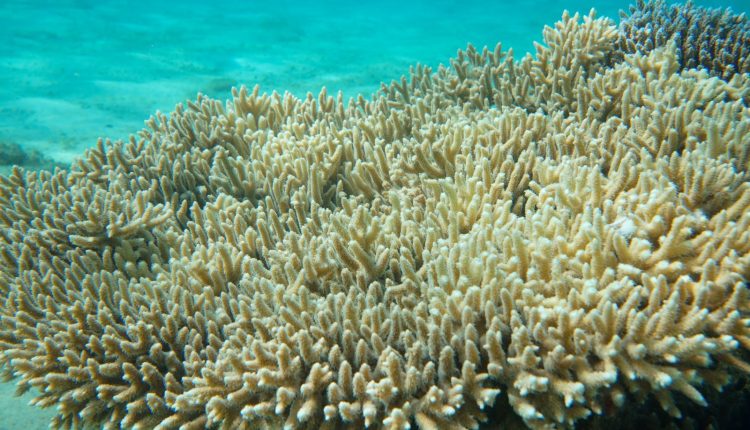Ayla expands marine biodiversity strategy as decade-long analyses show positive impact
Ayla’s efforts over the past decade to preserve and improve marine ecosystems in Aqaba have yielded markedly positive results, according to cumulative analyses by the Marine Science Station of the University of Jordan. The achievement encompasses a wide range of environmental preservation strategies taken by Ayla since 2015, including the relocation, expansion, and preservation of coral reefs, and the creation of thriving ecosystems within its artificial lagoons.
Highlighted in a recent technical report, these achievements reaffirm Ayla’s longstanding commitment to environmental preservation and the net positive impact of its operations in Aqaba, particularly given the project’s success in establishing and growing its own coral nurseries. The report underscores that Ayla, in partnership with various specialized institutions, has diligently monitored the success of coral nurseries since 2015, enacted impactful practices to ensure their growth, and successfully cultivated coral bells that have played a significant role in rehabilitating and protecting reef ecosystems within its lagoons.
A key finding of the report is the vital role played by Ayla’s diving team in monitoring coral growth and extending the reach of coral nurseries across various areas within Ayla since 2017. The report lauds Ayla’s dedication to coral reef protection, underscored by its adherence to regular technical analyses to avert potential damage. It further recommends the establishment of three new coral nurseries in strategically chosen locations, alongside the restoration of deteriorated coral reefs across all coral bells and the introduction of new coral reefs.
Currently, Ayla boasts 166 coral bells, with two coral nurseries and additional metal structures spread throughout its lagoons, including the upper, middle, the eastern canals, and the Marina’s Tidal Lagoon. This initiative is part of a broader commitment to marine environmental protection, with significant investments made in recent years towards enhancing coral diversity and securing a safe habitat for marine life through the use of sophisticated artificial reefs and cultivation techniques.
Dr. Ali Al-Sawalma, Director of the Marine Science Station, commended Ayla’s unwavering commitment to make sustainability a core pillar of its operations, be it through efforts to enhance marine biodiversity and ecosystems in its lagoons, or to cultivate environmental awareness and social responsibility through its various educational programs. These combined efforts, he noted, have made Ayla a successful model for corporate social responsibility and a growing source of valuable insights on sustainability.


